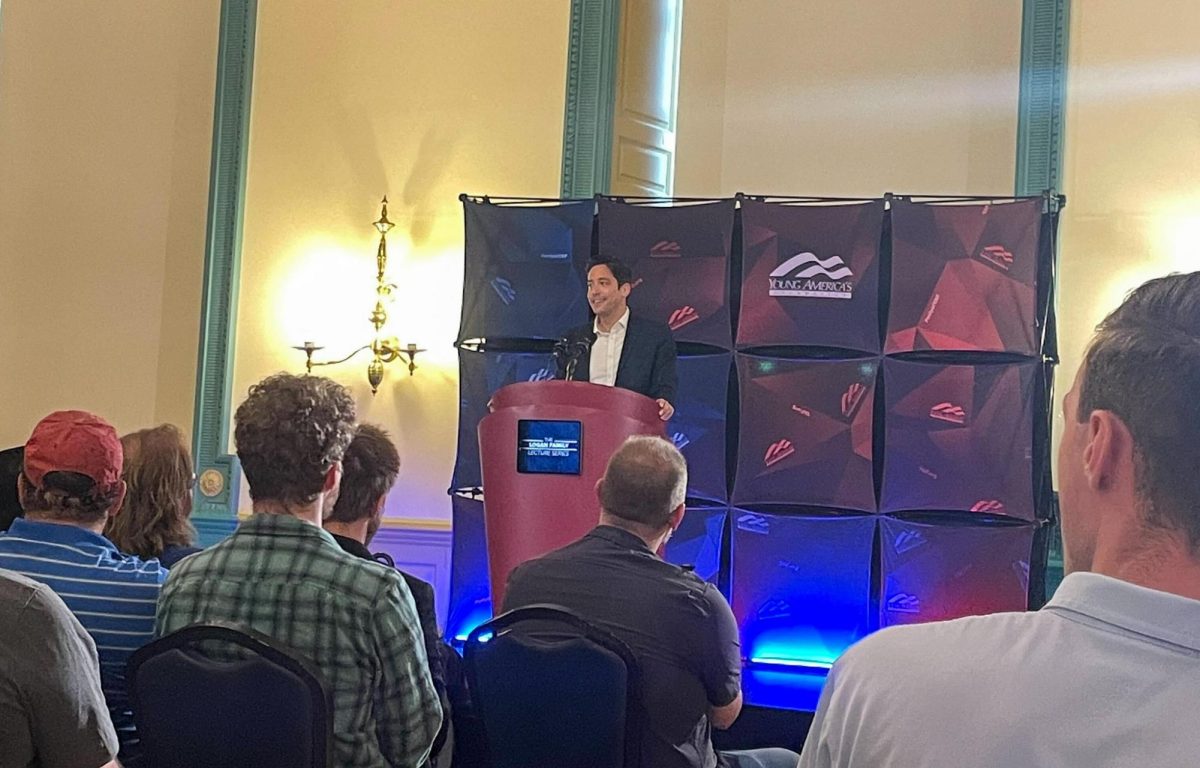The Urbana-Champaign Senate passed a revision to a statute regarding the University president job description at its regular meeting Monday.
The revision changed the description of the president from chief officer to chief executive officer.
Interim Provost and Chancellor Robert Easter said the change was made to clarify the authority of the president and the chancellor. He said the president should be the one interacting with the Board of Trustees and the chancellor should contact the board through the president.
Jim Barrett, professor in history, questioned the reason for the change, but in the end said he thought it was a good decision.
He said he felt Easter’s remarks explained that there was a problem that needed to be fixed.
Get The Daily Illini in your inbox!
Also on the agenda was discussion about moving the Instructor and Course Evaluation System form, or ICES, entirely online. ICES allows students to evaluate the performances of their professors and teaching assistants.
John Ory, director of the Center for Teaching Excellence, and Chris Migotsky, also from the center, gave a presentation outlining the positives and the negatives of moving ICES online.
Ory said the switch could be more efficient and seemed to fit in with our culture of technology.
“The students are electronic savvy. They live online,” Ory said.
Getting results back to professors sooner is a big advantage of moving ICES online, Ory said.
Another benefit is going paperless and becoming greener.
Nick Burbules, professor in education, said the likelihood of other people seeing the written comments online would be higher.
Only the professor sees the paper forms of the evaluations.
One problem, Ory said, is that online evaluation forms give professors overall lower scores compared to the paper forms.
“The main problem is that they are less accurate,” Burbules said. “You get a smaller sample size online. The students that do take it overrepresent the highs and lows. The ones that will take it online are the ones that hated it or loved it.”
Ory said another issue is that in the test groups used for online ICES forms, there are lower response rates than with print forms.
“So many concerns revolve around response rates. We’ve only done a test group so we don’t know what the whole campus would be,” Ory said. “If we could deal with response rate, we would see many concerns go away.”
Joyce Tolliver, chair of the Senate Executive Committee, also spoke about the ICES forms.
“It seems obvious that we shouldn’t be using paper forms in the technology age, until you consider the ramifications,” she said.
Burbules said putting the forms online would not matter as much if the forms were only given to the professors, but they factor into job evaluations, including promotion and tenure cases.
“It’s high stakes,” Burbules said. “If your teaching scores drop, it could make you seem like a worse teacher.”
The senate also discussed another revision to a statute clarifying faculty input when changes are made in academic departments.
It will be voted on at the senate’s next meeting, which will be held on March 29 at the Levis Faculty Center in Urbana.









